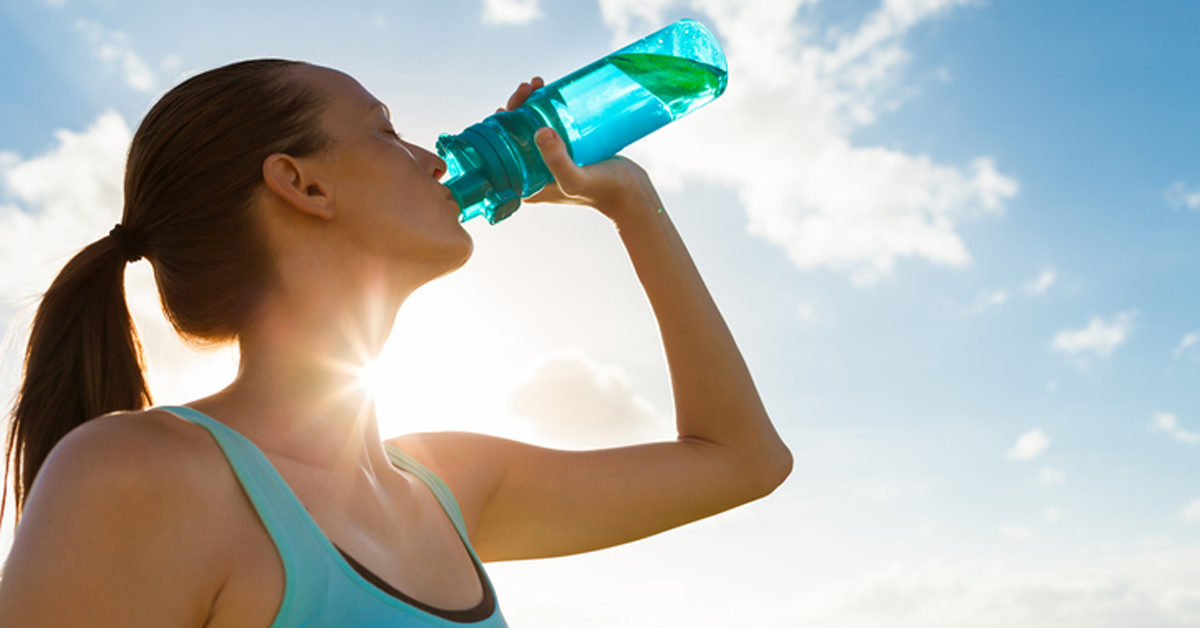Immune system does a remarkable job of defending you against disease-causing microorganisms. But sometimes it fails. A germ invades successfully and makes you sick. Is it possible to intervene in this process and boost your immune system? What if you improve your diet? Take certain vitamins or herbal preparations? Make other lifestyle changes in the hope of producing a near-perfect immune response?
The idea of boosting your immunity is enticing, but the ability to do so has proved elusive for several reasons. The immune system is precisely that — a system, not a single entity. To function well, it requires balance and harmony. There is still much that researchers don’t know about the intricacies and interconnectedness of the immune response. For now, there are no scientifically proven direct links between lifestyle and enhanced immune function.
But that doesn’t mean the effects of lifestyle on the immune system aren’t intriguing and shouldn’t be studied. Researchers are exploring the effects of diet, exercise, age, psychological stress, and other factors on the immune response, both in animals and in humans. In the meantime, general healthy-living strategies are a good way to start giving your immune system the upper hand. near-perfect immune response?
Here are five basic life-style adaptation to boost a person’s immunity naturally:
- Limit sugar consumption in diet:
Did you know, consumption of 1 spoon of sugar can reduce your immunity for the next 2 hours?
Added sugars contribute significantly to obesity, type 2 diabetes, and heart disease, all of which can suppress your immune system. Lowering your sugar intake may decrease inflammation and your risk of these conditions.
Emerging research suggests that added sugars and refined carbs may contribute disproportionately to overweight and obesity.
Obesity may likewise increase your risk of getting sick.
According to an observational study in around 1,000 people, people with obesity who were administered the flu vaccine were twice as likely to still get the flu than individuals without obesity who received the vaccine.
Curbing your sugar intake can decrease inflammation and aid weight loss, thus reducing your risk of chronic health conditions like type 2 diabetes and heart disease.
Given that obesity, type 2 diabetes, and heart disease can all weaken your immune system, limiting added sugars is an important part of an immune-boosting diet.
You should strive to limit your sugar intake to less than 5% of your daily calories. This equals about 2 tablespoons (25 grams) of sugar for someone on a 2,000-calorie diet.
- Moderate exercise consistently:
Moderate exercise can reduce inflammation and promote the healthy turnover of immune cells. Jogging, biking, walking, swimming, and hiking are great options.
Although prolonged intense exercise can suppress your immune system, moderate exercise can give it a boost.
Studies indicate that even a single session of moderate exercise can boost the effectiveness of vaccines in people with compromised immune systems.
What’s more, regular, moderate exercise may reduce inflammation and help your immune cells regenerate regularly.
Examples of moderate exercise include brisk walking, steady bicycling, jogging, swimming, and light hiking. Most people should aim for at least 150 minutes of moderate exercise per week.
- Drink Water:
Dehydration can make you more susceptible to illness, be sure you’re drinking plenty of water each day.
Hydration doesn’t necessarily protect you from germs and viruses, but preventing dehydration is important to your overall health.
Dehydration can cause headaches and hinder your physical performance, focus, mood, digestion, and heart and kidney function. These complications can increase your susceptibility to illness.
To prevent dehydration, you should drink enough fluid daily to make your urine pale yellow. Water is recommended because it’s free of calories, additives, and sugar.
While tea and juice are also hydrating, it’s best to limit your intake of fruit juice and sweetened tea because of their high sugar contents.
As a general guideline, you should drink when you’re thirsty and stop when you’re no longer thirsty. You may need more fluids if you exercise intensely, work outside, or live in a hot climate.
It’s important to note that older adults begin to lose the urge to drink, as their bodies do not signal thirst adequately. Older adults need to drink regularly even if they do not feel thirsty.
- Stress level management:
Lowering your stress levels through meditation, yoga, exercise, and other practices can help keep your immune system functioning properly.
Relieving stress and anxiety is key to immune health.
Long-term stress promotes inflammation, as well as imbalances in immune cell function.
In particular, prolonged psychological stress can suppress the immune response in children.
Activities that may help you manage your stress include meditation, exercise, journaling, yoga, and other mindfulness practices. You may also benefit from seeing a licensed counsellor or therapist, whether virtually or in person.
- Get enough sleep:
Inadequate sleep may increase your risk of getting sick. Most adults should get at least 7 hours of sleep per night.
Sleep and immunity are closely tied. In fact, inadequate or poor quality sleep is linked to a higher susceptibility to sickness.
In a study in 164 healthy adults, those who slept fewer than 6 hours each night were more likely to catch a cold than those who slept 6 hours or more each night.
Getting adequate rest may strengthen your natural immunity. Also, you may sleep more when sick to allow your immune system to better fight the illness.
Adults should aim to get 7 or more hours of sleep each night, while teens need 8–10 hours and younger children and infants up to 14 hours.
If you’re having trouble sleeping, try limiting screen time for an hour before bed, as the blue light emitted from your phone, TV, and computer may disrupt your circadian rhythm or your body’s natural wake-sleep cycle.
Other sleep hygiene tips include sleeping in a completely dark room or using a sleep mask, going to bed at the same time every night, and exercising regularly.












More Stories
Guillain-Barre Syndrome, Johnson & Johnson: Everything You Need To Know
World Homeopathy Day: Everything You Need To Know
When Your Employee Discloses a Mental Health Condition